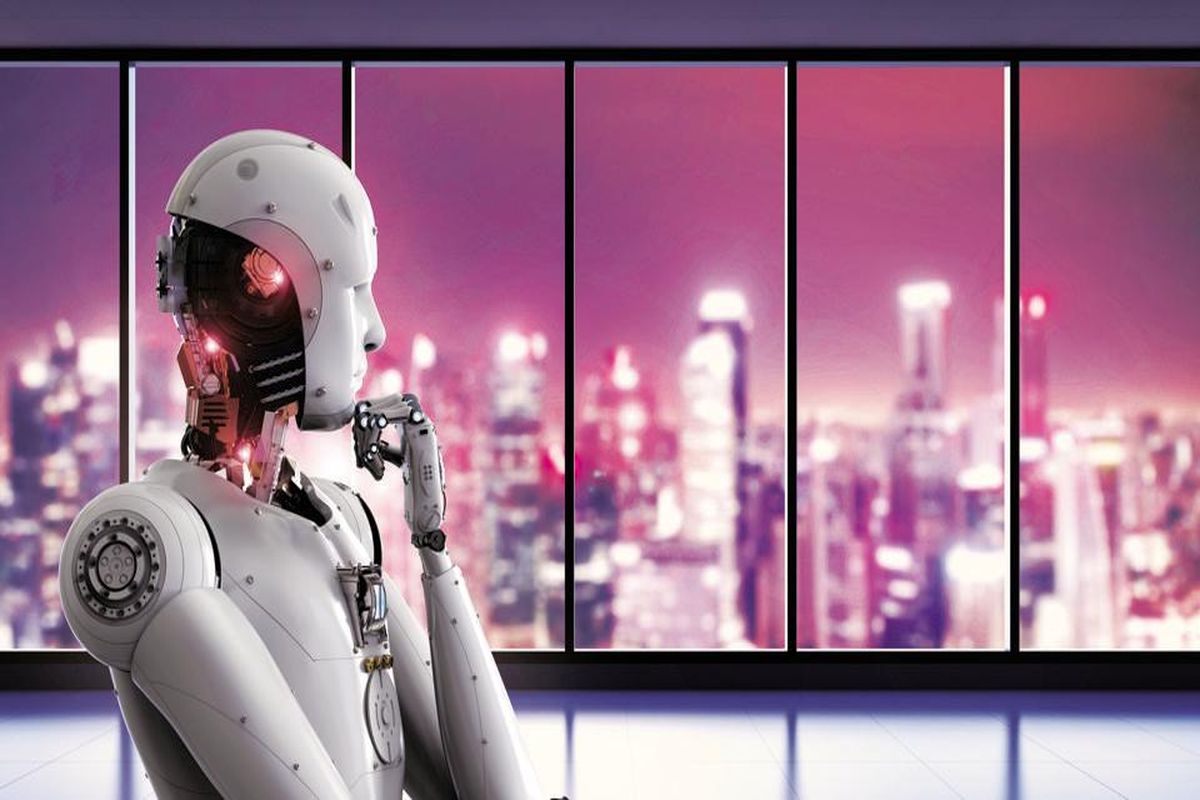In most cases, humanity falls into a pattern of thinking, and by doing that it loses its efficiency over time. People always go for the path that has the least resistance, and that leads to stagnation since they hold onto outdated concepts and ideas.
Many concepts that are now commonly accepted were previously strongly resisted by certain segments of society. Whether it is the principles of germ theory, the comprehension of our heliocentric solar system, or the acknowledgment of the benefits of anesthesia, humans mostly resist changes until the discomfort becomes severe.
On that note, the most recent revolutionary concept that has received a lot of pushback is the implementation of blockchain technology. The transparent, decentralized, and immutable nature of blockchain can change the financial world and the underlying fabric of the entire society.
But with the status quo still strong, many find it challenging to turn away from their safe zone of centralized organizations with minimal to no transparency to rush into the budding blockchain revolution.
Blockchain can be described as a way of thinking. Hence, it is only by adopting a blockchain mindset that humanity can create a future that is built on collaboration, trust, and empowerment. Here are some of the changes that must be made in people’s thinking to manage to quickly adopt a future where blockchain might play an integral role.
Related: Unlocking the Potential of Blockchain in Fintech
The Importance Of Blockchain Thinking
The fundamental aspect of blockchain thinking is decentralization and trust. Notably, these things are lacking in society nowadays. More and more people are questioning the validity of their monetary networks as they operate currently, governments, the way data is secured by companies, and a lot more.
Despite trust and decentralization going hand in hand most of the time, they have some singular points that assist in shaping thought patterns into something logical and blockchain-ish.
Trust
Trust has gone out the door when it comes to matters like ‘revolutionary technology.’ With researchers like Elizabeth Holmes making outrageous blood testing technology allegations and Nikola’s founder using fake videos to display their impressive EV technology, it is not a wonder that people are slow to adopt the latest technology.
With all these fictitious things going on in the technological innovation space, people are now highly doubtful about any new tech being referred to as ‘groundbreaking.’ This scenario has put blockchain in a highly interesting position because it is a paradigm shift in technology and holds the key to helping in boosting trust in many industries.
Blockchain guarantees trust by utilizing cryptography and consensus algorithms to validate the integrity and genuineness of all the data that is held on the blockchain. Hence, it would almost be impossible for one person or large group to manipulate the data. However, the main challenge with blockchain is that all that transparency makes people uneasy.
Not many people are comfortable with their transactions being visible to a massive network of users. However, it is something that is mostly pointed out by those using cryptos and they want to engage in illegal business.
Nonetheless, blockchain is a lot more than a mere crypto-based FOMO.
For example, if blockchain is used as a proof of ownership and bookkeeping strategy, like what the government is trying in Dubai, it results in an entirely new world filled with lots of opportunities.
The government in Dubai announced plans to use blockchain for all government documents. That move, if it gets implemented by every government around the world, could eliminate cases of corruption and enable people to trust in the powers that be a little more.
Decentralization
Governments and institutions are predominantly centralized by nature. In recent years, there has been a collapse of major institutions such as FTX and Credit Suisse, proving how dangerous it can be to keep everything in one place – mostly for people with no idea of what the inner workings of the said place might be.
Decentralization makes systems massive, and that is a major concept within the core of blockchain. It gives participants access to the same information, hence eliminating all the ambiguity and noise that may dilute the waters and result in problems afterward.
Blockchain thinking supports accountability, transparency, and elimination of intermediaries, guaranteeing that no centralized or single entity can control all available resources.
On that note, blockchain thinking strives to put power in the hands of the public and gives them the freedom to be the ones taking charge of their existence instead of pinning all that Responsibility on a third party to organize everything on their behalf.
In general, blockchain stands out as technological advancement that will help in shaping the future of humanity, but in a decentralized nature. It helps encourage partnerships and cooperation on a global scale.
Related: The Intricacies Of The Blockchain and AI Alliance
Land Registry On The Blockchain
Illustratively, the potential of blockchain thinking can be applied in real-world examples. For many years, the process of registering and transferring land ownership in many nations is affected by corruption, inefficiencies, disputes, and many other unpleasant incidents.
Hence, many governments and authorities are seeking the help of blockchain technology to help resolve some of that mess. For example, in Sweden, the nation’s land registry authority, Lantmäteriet, has officially begun utilizing blockchain to record land titles.
Through the storage of land ownership information on a decentralized ledger, they strive to smoothen the process, minimize costs, and offer a trusted source of truth for everyone involved in the sector.
It is expected that this approach will boost efficiency and increase trust in the system, which will help benefit individuals and society in general. Sweden is not the only nation that has turned to blockchain to enhance its land ownership recordkeeping.
The United Arab Emirates (UAE) is considered one of the most progressive nations in matters of blockchain adoption, with the Dubai Land Department already utilizing a blockchain-based platform for tracking and recording real estate contracts.
There are also talks of the real implementation of blockchain as a real estate record keeper currently in Honduras, Brazil, Tanzania, Georgia, Ukraine, and Sweden.
The Takeaway
Blockchain is a lot more than a technology. It is a way of thinking that can change society for the betterment of everyone. Adopting the principles of transparency, decentralization, and trust will enable humanity to create a future where power is distributed, partnership is celebrated and people have more control over their lives.
Through real-world applications such as land tilting on the blockchain, there is the first tangible proof that blockchain is a game changer and is not just another ‘revolutionary’ technology.










